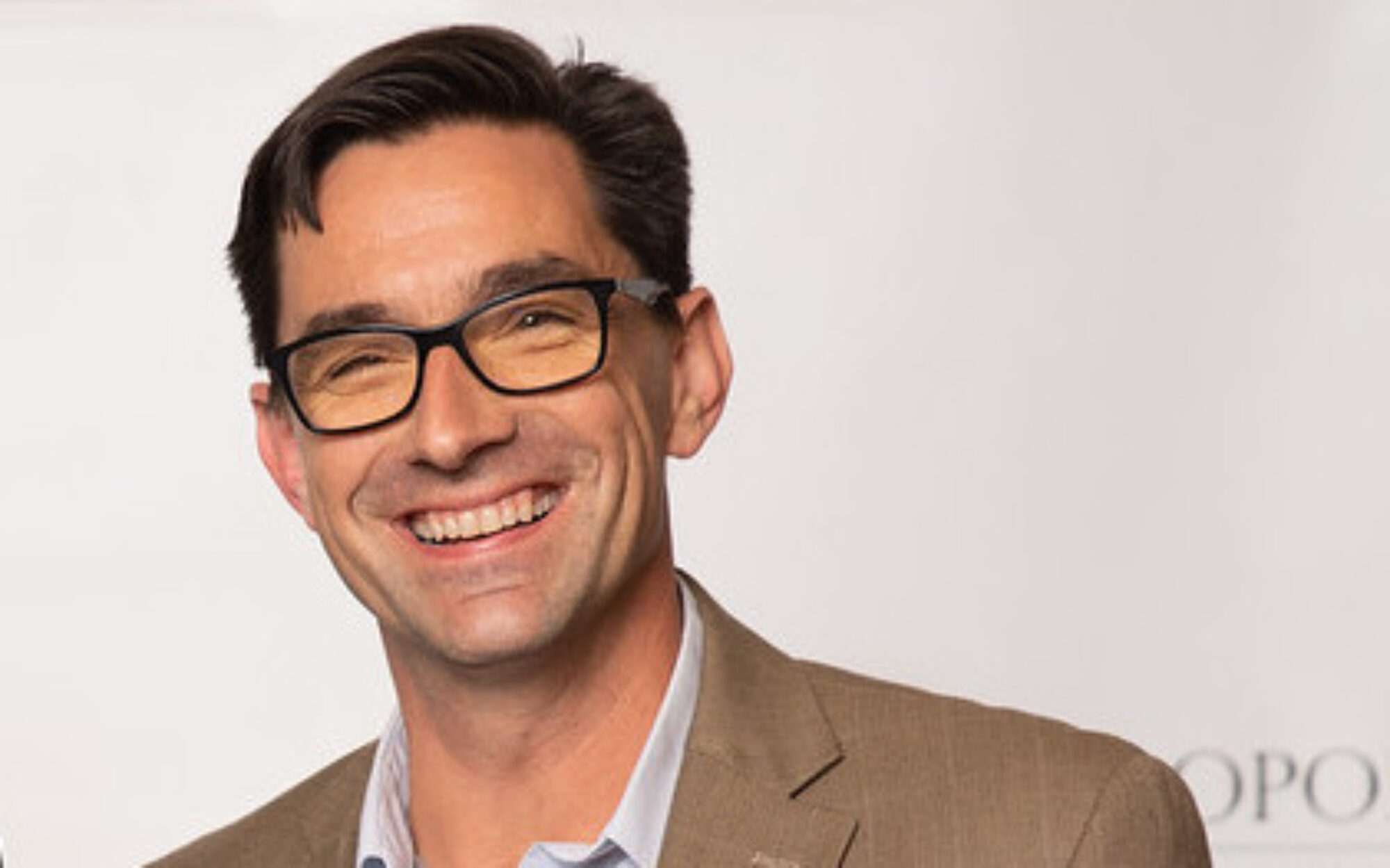I’ve never read a book about “manhood”. I do enjoy “The Art of Manliness” podcasts and blogs. I’ve read numerous biographies about influential men from history. But, when it comes to most of the books about “manhood”, I don’t particularly care for them. It’s just that they all seemed the same…”hunt something down, pound your chest and yell loudly, and then run others off who aren’t part of your tribe.”…and, that, honestly, never resonated with me. I was raised by very caring, present, and hospitable men. The version of “manhood” in those other books just doesn’t seem to express humility, nor is it hospitable.
I never read a book about “manhood” until I listened to the Typology Podcast interviewing Brant Hansen. Then I immediately devoured his book “The Men We Need – God’s Purpose for the Manly Man, the Avid Indoorsman, or Any Man Willing to Show Up.” Brant’s way of defining manhood captured my attention, my prayers for my sons as they grow up, and what I pray the Church can model for our neighbors.
Jorjanne and I have discussed and prayed about how to raise wise, humble men in our culture that obsessed with baiting guys to the edge and then shaming them after the fact. And, we guys deserve all of the ridicule. We allowed and created the messes in our lives. Jorjanne and I know there has to be a better way. And, I believe that what Brant offers in his book might be part of that better way…
Brant draws from the Creation story in Genesis to define manhood by three verbs: Guard. Protect. Watch Over. Masculinity is ultimately about taking responsibility. Just as Adam was charged to do in the Garden of Eden, we men are now also called to be Keepers of the Garden. Whatever your post in life, take great care of it and those in it. We are fully alive and fulfilling our calling when we take great care of our “garden”.
Brant challenges us guys to make 6 decisions that will set us apart:
- Forsake the Fake and Relish the Real
- Protect the Vulnerable
- Be Ambitious About the Right Things
- Make Women and Children Feel Safe, Not Threatened
- Choose Today Who You Will Become Tomorrow
- Take Responsibility for Your Own Spiritual Life
If you are a guy, read this book. If you are a lady, you can also read the book. Better yet, though, buy a copy for the guy in your life for him to read. Since I’ve never read another one, this is the best book about manhood I’ve ever read! Seriously, though, I can say that this book is life-changing, and has the potential to be culture-changing. I found it so impactful that I bought a copy each for my two older sons to read this summer.
Check it out…you’ll be glad you did.









